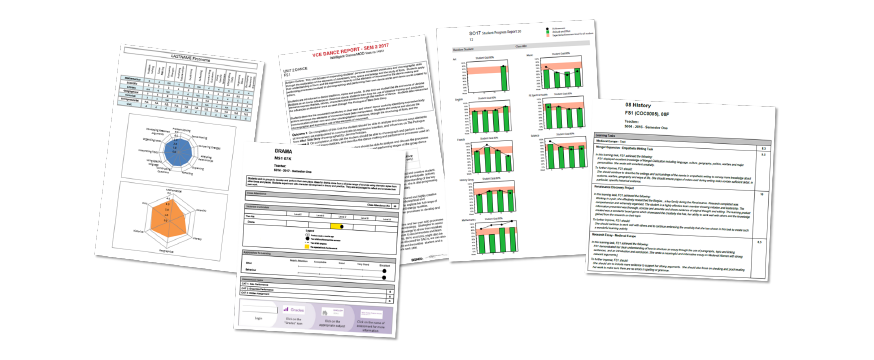Publication Date
2019
Subjects
Developing countries, Family income, Parents, Financial support, Early childhood education, Interventions, Poverty
Abstract
Income supplementation interventions provide cash transfers directly to the parents/families of young children, with the objective of improving learning and other outcomes. Interventions of this type directly address poverty as the origin of many of the challenges to children’s learning in economically developing contexts. Such programs seek to affect positively child wellbeing and readiness to learn as well as the home learning environments. These effects can be achieved by using the additional income, for example, to support centre-based childcare or school attendance, to buy more nutritious food or to enable parents to spend more time with their children. The eight studies of income supplementation programs in Early Childhood Education and Care (ECEC) identified for this review of a total of 109 studies include high-quality research on major programs - especially in Mexico and Ecuador - as well as a smaller-scale study of a Zambian program, the latter being limited in terms of the conclusions which can be drawn.
Recommended Citation
Jackson, J., Ahmed, S. K., Carslake, T., Lietz, P. (2019). Income supplementation interventions in economically developing countries. (Insights from a scoping review ; Policy note 4). Camberwell, Australia: Australian Council for Educational Research
Copyright Statement
Copyright Australian Council for Educational Research 2019
Place of Publication
Melbourne, Australia
Publisher
Australian Council for Educational Research (ACER)
Included in
Early Childhood Education Commons, Educational Assessment, Evaluation, and Research Commons, International and Comparative Education Commons



Comments
Insights from a scoping review: Policy note 4